Éditeur :
Rizzoli
Lieu :
New-York
Année :
1976
Pages :
192
Langue :
Anglais
Auteur·e :
Suzi Gablik
Où trouver ? :
D2 - Monographies hors Canada
Is there progress in art? The question is one which most people would answer vehemently in the negative without giving it much thought. And yet, how is one to account for changes in artistic style? And what is one to think about modern art, which still seems baffling to many in comparison with traditional figurative art? Suzi Gablik's challenging argument is that art, like science, has a history, order and structure which can be called progressive. Progress, however, is not a question of moral or esthetic improvement but involves a cognitive 'growth' of artistic styles and is related to transformations in modes of thinking. The model used for the argument is based on principles of developmental psychology advanced by the famous and revolutionary Swiss experimental psychologist Jean Piaget. By demonstrating the way in which art is linked with the acquisition of stages of development: increasingly complex perceptual and logical structures lead to mental organizations which are increasingly dominated by scientific, rationalistic and conceptual modes of thinking in contrast to earlier more mystical ones. In this light, an attempt is made to explain the shift in art from figurative or iconic representation, where the image resembles the object to which it refers, towards non-representational art which is abstract and conceptual in organization. Three sections of illustrations demonstrate, through revealing juxtapositions, the course of artistic development from ancient and medieval times, through the Renaissance, to contemporary art.
Disponible en format papier seulement.
À découvrir
Infolettre
Soyez informé·e·s des dernières nouveautés !
Nous suivre
© 2026 Est-Nord-Est




